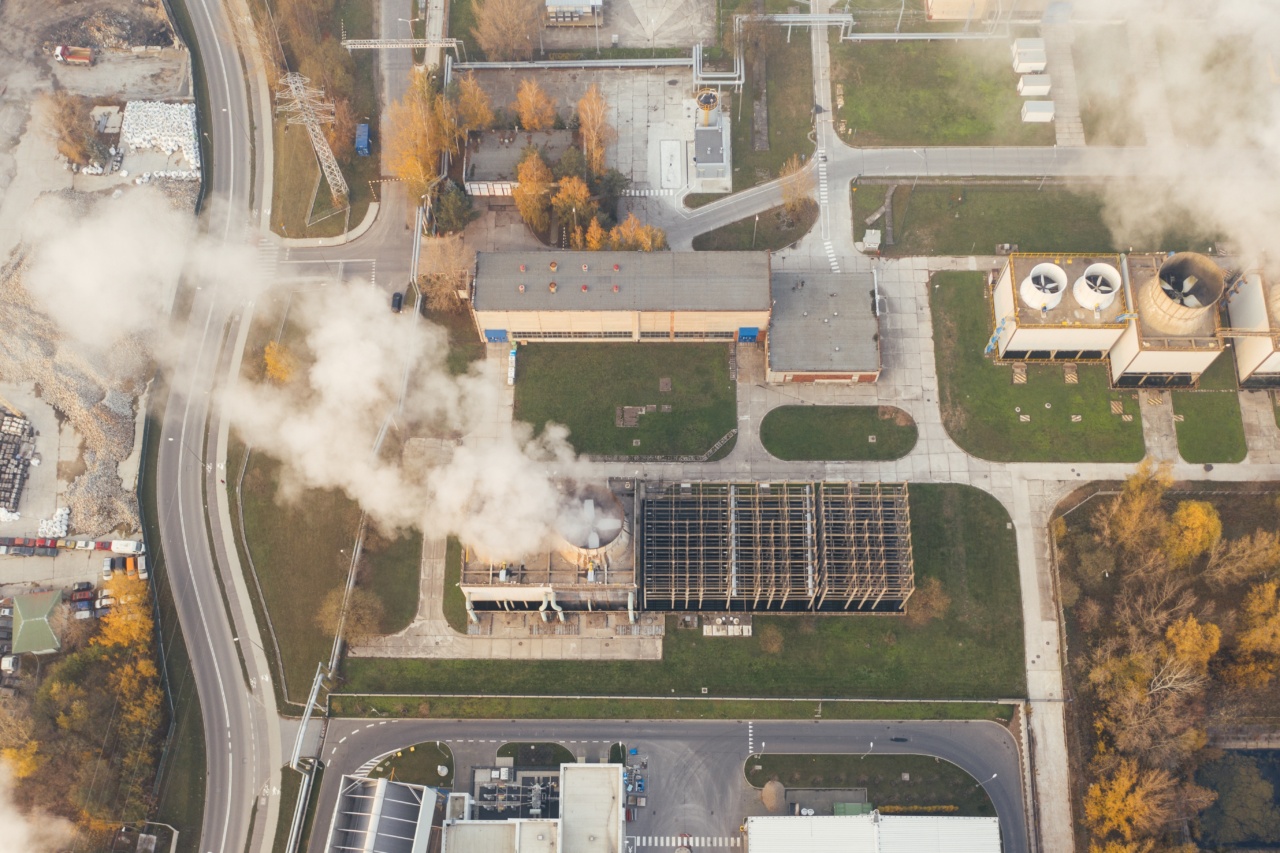Globalization has greatly impacted the world in many ways, both positive and negative. One of the most significant negative effects of globalization is its impact on the environment.
With global markets and increased trade comes increased demand for resources, leading to more pollution, deforestation, and climate change. In this article, we will explore some of the environmental consequences of globalization and what we can do to minimize its negative effects.
Climate change
Climate change is one of the most significant environmental consequences of globalization. The increased production and transportation of goods and services has led to an increase in carbon emissions, which in turn has led to the warming of the planet.
This warming has resulted in a host of environmental problems, including rising sea levels, more severe weather events, and erosion. To combat climate change, we need to reduce our carbon emissions by using cleaner energy sources and by reducing our consumption of goods and services.
Deforestation
One of the most significant negative impacts of globalization is the destruction of forests. Forests are essential to the health of the planet; they absorb carbon dioxide from the air and play a crucial role in regulating the climate.
However, as demand for goods and services increases, more forests are cleared for mining, agriculture, and development. This deforestation has led to a host of environmental problems, including soil erosion, loss of biodiversity, and disruption of the water cycle.
To combat deforestation, we need to reduce our demand for goods and services and work to protect forests from further destruction.
Pollution
Globalization has greatly increased the production and transportation of goods and services, leading to an increase in pollution.
Industrial processes, transportation, packaging, and waste disposal all contribute to pollution, which can have negative impacts on human health and the environment. To combat pollution, we need to adopt cleaner production methods, reduce our use of single-use items, and properly dispose of waste.
Loss of biodiversity
As forests are cleared and habitats are destroyed, more and more species are becoming endangered or going extinct.
This loss of biodiversity has significant consequences for the health of the planet, as each species plays a crucial role in maintaining the balance of the ecosystem. To combat this loss of biodiversity, we need to work to protect endangered species and their habitats, reduce our demand for goods and services that contribute to habitat destruction, and support conservation efforts.
Water scarcity
As demand for goods and services increases, so does the demand for water. This increased demand for water can lead to water scarcity, particularly in regions that are already experiencing water shortages.
This scarcity can have significant impacts on human health and the environment, as water is essential to life. To combat water scarcity, we need to reduce our consumption of goods and services that require large amounts of water and work to conserve and protect our water resources.
Conclusion
Globalization has both positive and negative impacts on the environment. While it has brought increased prosperity and economic growth to many nations, it has also led to increased environmental degradation and climate change.
To minimize these negative effects, we need to reduce our consumption of goods and services, support conservation efforts, adopt cleaner production methods, and work to protect endangered species and their habitats. By taking these actions, we can help create a more sustainable and healthy planet for future generations.





























